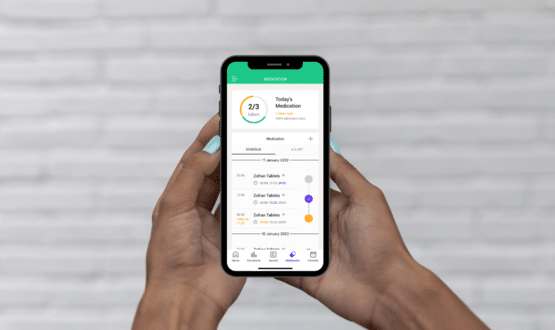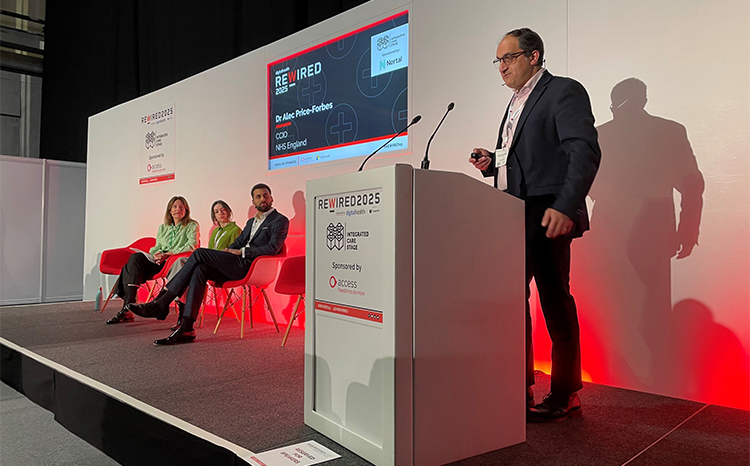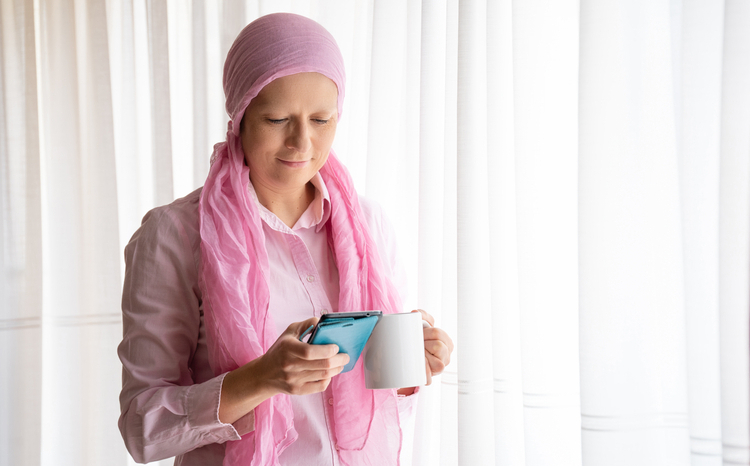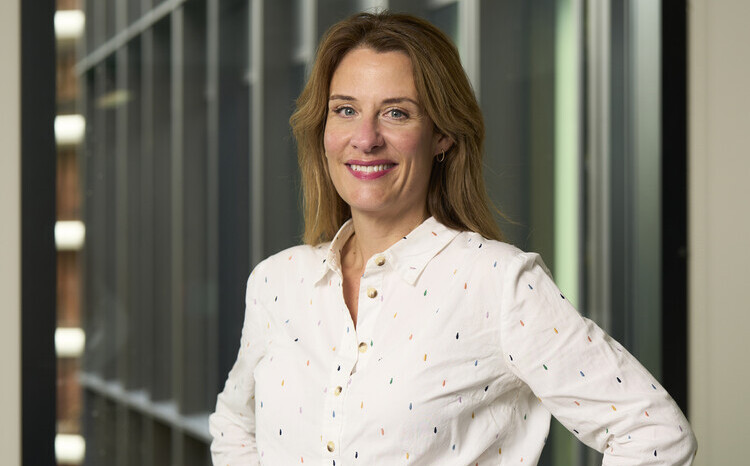Macmillan and Careology join forces to elevate digital cancer care

Macmillan Cancer Support has partnered up with digital care platform Careology to offer support to the three million people in the UK living with cancer.
The award winning Careology technology is designed to help patients feel safe and well-equipped to manage their cancer treatment. The platform supports and connects patients with their friends, family and healthcare teams, enabling remote care that can transform the lives of those with cancer.
Patients are also able to monitor and share key health metrics such as symptoms, side effects and medication adherence. This access to real-time information supports healthcare providers and services to deliver an efficient and scalable model of care.
The company has entered into a strategic partnership with Macmillian which will see a number of digital initiatives being launched to better support people living with cancer, their caregivers and their healthcare teams.
Paul Landau, founder and CEO of Careology, said: “The ambition for both parties is to bring together our relative skill sets, which are obviously very different, to really deliver something that can be incredibly special and helpful to people.
“We want to employ technology to build capacity, support people at home better, help people feel safe and in control through their treatment and to really try and help drive efficiencies that can start to overcome some of the challenges which we’re clearly going to face for some years to come.”
The Covid-19 pandemic has placed an unprecedented amount of pressure on the NHS and healthcare in the UK in the last couple of years, and this has had damaging effects on those living with cancer.
Jamie Kichenbrand, head of commercial partnerships at Macmillan Cancer Support, said: “Cancer is a really scary diagnosis at the best of times and I think, I dare say the last two years or so have made that even scarier.
“If I could put it in one word, I think it’d be access. I think the pandemic has limited access to services and limited access to face-to-face appointments with your GP because your GP has been redeployed to the vaccine programme.
“It’s also limited national screening programmes, so people who would have been picked up at stage one or stage two cancers are being picked up at stage three or four, or maybe even later, as they’re going through A&E with acute conditions.”
Despite the alarming impacts that the pandemic has had on cancer patients and the care they receive, there have been some positives that have come out of it – most notably the increasing capability of digital healthcare and its ability to relieve some of the stress on the NHS.
Kichenbrand added: “One of the changes that is going to happen out of the back of the pandemic is the move to digitised cancer care that can support the NHS to work in different ways that reduce the day-to-day impact and need on healthcare providers in a typical hospital setting.
“This is where technology like Careology comes in, where you’re offering efficiency back into a system that so desperately needs it.
“We’re at the beginning of a journey at the minute with Careology and having spent some time getting to know one another and talking a little about the work we anticipate doing together, I think our challenge over the next 18 months or two years is to start doing that on a larger scale.”
This is not the first partnership that Careology have entered in to, after it was announced in February 2021 that they had teamed up with Lloyds Pharmacy Clinical Homecare, with the same aim of transforming how cancer care is delivered.
Landau said: “I feel incredibly proud that over the last 18 months or so, people have found us and used us. We’ve helped people going through cancer feel that little bit more supported, safe and in control as they’re going through their treatments and that to me is an enormous positive.”




